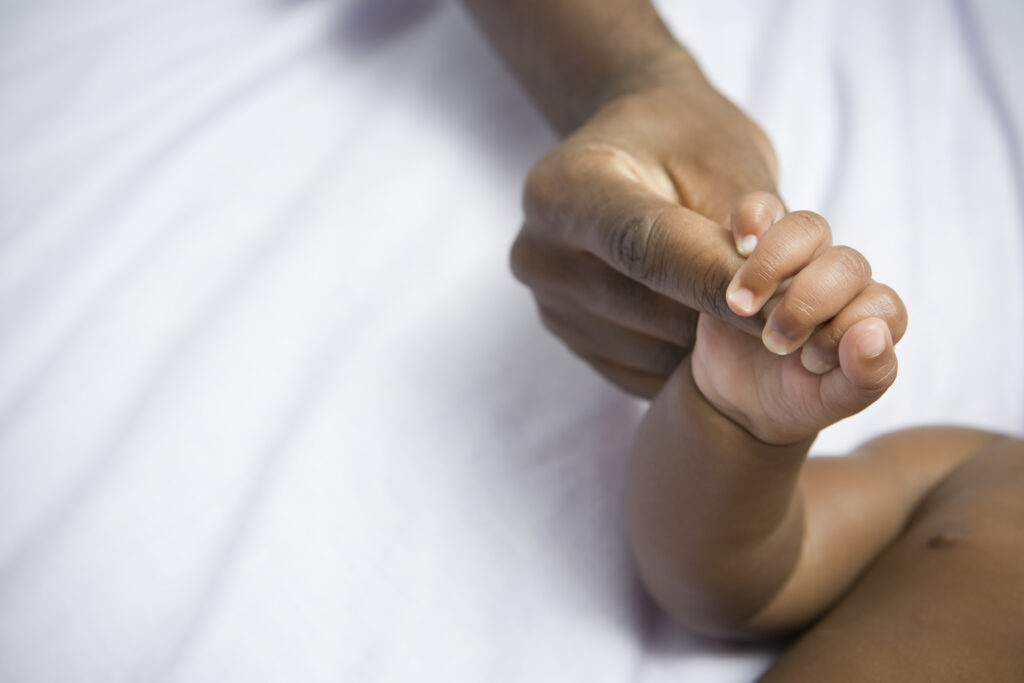It is Birth Trauma Awareness Week this week so what do we need to be aware of? I suppose a number of things:
- Birth for lots of women can be highly traumatic and have a lasting impact, even if their baby is born safe and well.
- Traumatic birth that leads to Post Traumatic Stress Disorder is rare, approximately 4-5% of women in the UK go on to develop PTSD after giving birth, however in real terms that is 25,000 – 30,000 women each year. So a significant number of women are affected.
- Women who suffer birth trauma often report a lack of informed consent, poor communication, poor pain relief and being left physically and emotionally unsupported. Their birth may include induction, a forceps delivery, an emergency caesarean section, postpartum haemorrhage, the birth of a baby who is injured or disabled as a result of problems during birth, stillbirth or a baby spending time in special care.
- Symptoms of birth trauma could include reliving the birth over and over again, feeling jumpy or over-anxious, finding it difficult to bond with your baby, having difficulty sleeping, feeling depressed, irritable or angry, finding it difficult to concentrate, finding it hard to breastfeed.
While birth trauma can happen to anyone, we know that negative outcomes in maternal care are more common for women from Black and Asian backgrounds as well as those living in the most deprived areas. Tackling inequalities is crucial and there needs to be funding for interpreter services, as well as ethnicity bias training, given what we know about the statistics.
I previously wrote about the increase in emergency caesarean section births and the 2024 CQC report into the experience of pregnant women and mothers. These sorts of reports and investigations are not new. We have been reading and listening to the same stories of poor communication, lack of informed consent and emergency caesarean sections causing injury for decades and it is frustrating that there seems to be no real improvement.
Typically in the cases we deal with, we routinely see:
- a failure to read or escalate a worrying CTG trace quickly enough;
- a failure to listen to a woman’s need and request to have a planned caesarean section which would then have gone on to prevent the emergency caesarean section or the fourth degree tears;
- a failure to carry out a caesarean section quickly enough;
- a failure to listen to the mother post birth when they said there is a problem with feeding.
Given the consistent themes and repeated failures, there must be a lot that can be done to fix the above, including addressing staff shortages, mandatory emergency training e.g. CTG competency, faster responses to obstetric emergencies and routine postnatal checks.
For an avoidable injury at or after birth, you may be able to bring a legal case for compensation on your own behalf or on behalf of your baby. This won’t change what has happened but in very serious cases it will provide financial security and a way to pay for specialist care and therapy for your child for life.
For psychological help, women can go to the Birth Trauma Association, a charity dedicated to supporting women and families who have experienced traumatic birth. They offer help over email and on the phone. You should always speak to your GP so you can be referred to the right person for CBT or EMDR, or self-refer to your local Talking Therapies services. If you still have a health visitor you can tell them how you feel and for more acute help there is 111, 999 or The Samaritans.
Find out more about our Birth Injury services here.
